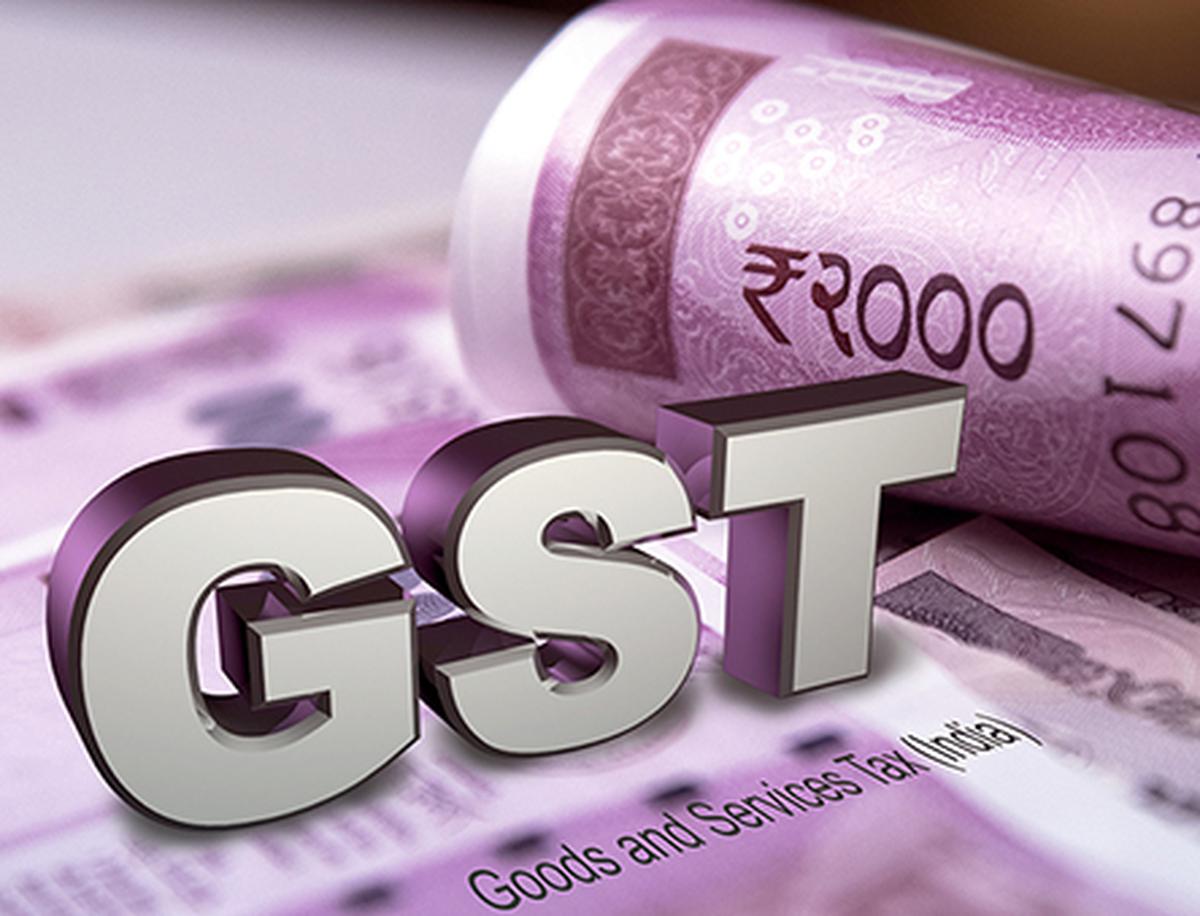
GST Council to Revisit Taxation of Online Gaming Amidst Shifting Perspectives from Companies
The taxation of online gaming has become a topic of significant discussion as the GST Council prepares for its second meeting in less than a month. Companies operating in the segment had earlier presented a unified opposition to the proposed levy. However, a difference of opinion has emerged among them, with some of the larger players reportedly showing willingness to accept the suggested 28% tax.
Companies in the Segment Show Varied Responses to the Proposed 28% Tax
The GST Council, responsible for shaping India’s Goods and Services Tax (GST) policies, is seeking to address the taxation challenges posed by the rapidly growing online gaming industry. As the sector gains prominence, its revenue potential has garnered attention from tax authorities.
Initially, companies in the online gaming segment had raised concerns over the proposed 28% tax, which they perceived as burdensome. Their unified opposition aimed to communicate the potential negative impact on the industry’s growth and profitability. However, with the impending second meeting of the GST Council, differing viewpoints have emerged.
Some of the larger companies within the online gaming segment have reportedly shifted their stance and are now prepared to accept the proposed 28% tax. Their willingness to comply with the tax may be influenced by various factors, including compliance with regulatory requirements, long-term sustainability, and perceived benefits in terms of tax certainty and legitimacy.
On the other hand, certain companies within the segment might continue to voice opposition to the proposed tax, arguing that it could deter investment, restrict market growth, and negatively affect consumer behavior.
As the online gaming industry evolves, tax policies will play a critical role in shaping its trajectory. Striking a balance between fostering a conducive business environment and generating tax revenues will be a crucial challenge for the GST Council.
The discussions within the GST Council will likely focus on understanding the complexities of the online gaming industry, its revenue potential, and the potential impact of the proposed taxation. Industry representatives and tax authorities will collaborate to develop a tax framework that considers the interests of all stakeholders and supports the sustainable growth of the sector.
Given the dynamic nature of the online gaming landscape, it is essential for policymakers to adapt to emerging trends and evolving business models. A robust and well-calibrated taxation policy can help streamline compliance, create a level playing field, and support the growth of legitimate businesses within the industry.
the upcoming meeting of the GST Council to discuss the taxation of online gaming reflects the government’s efforts to address the revenue potential and regulatory challenges posed by the rapidly expanding sector. While companies within the segment initially opposed the proposed 28% tax, differing viewpoints have emerged, with some large players now expressing readiness to accept the levy. The discussions within the GST Council will be critical in formulating a tax policy that fosters a conducive business environment while supporting the long-term growth and sustainability of the online gaming industry.

